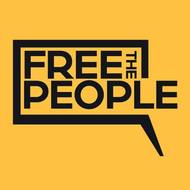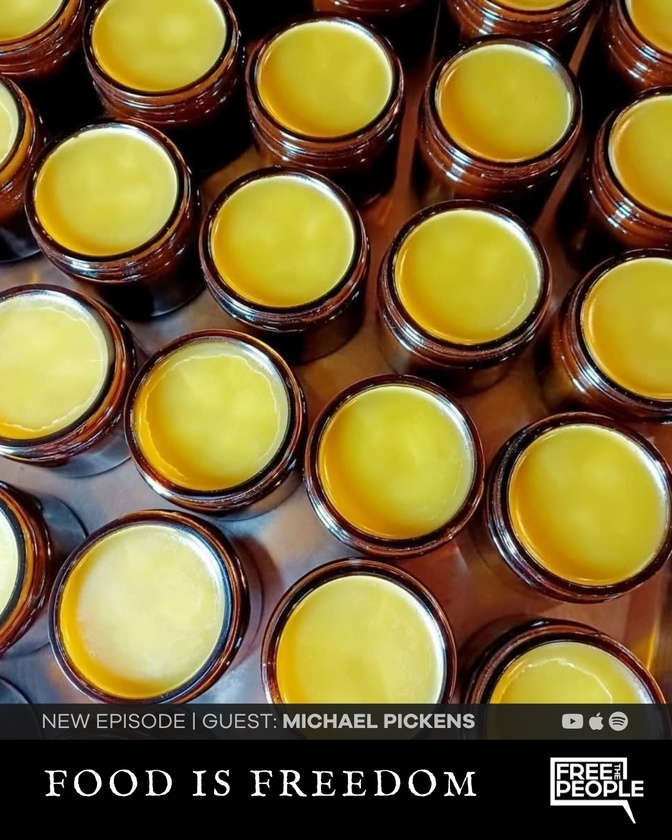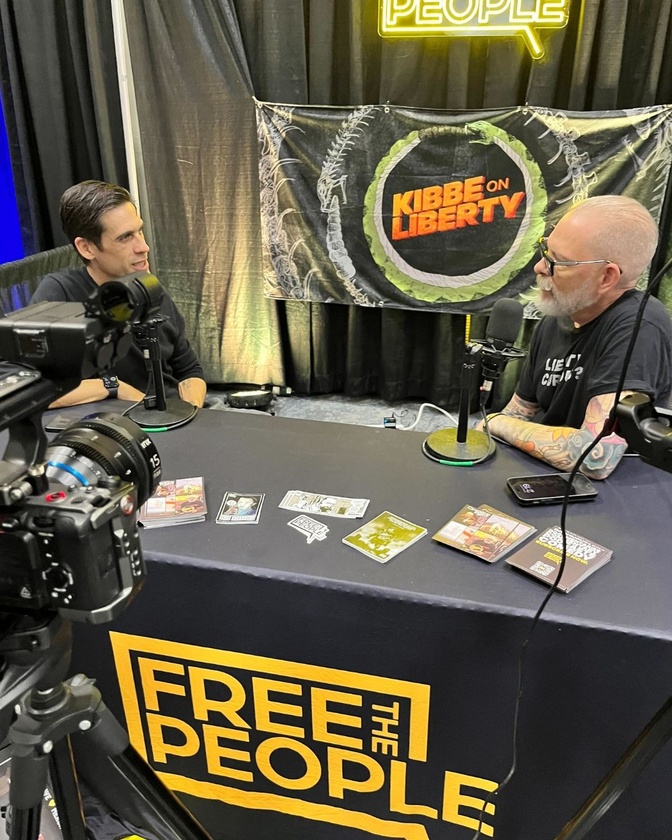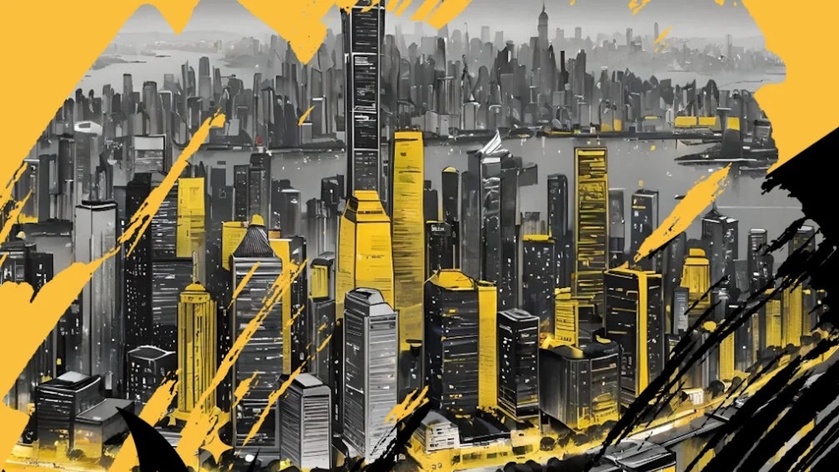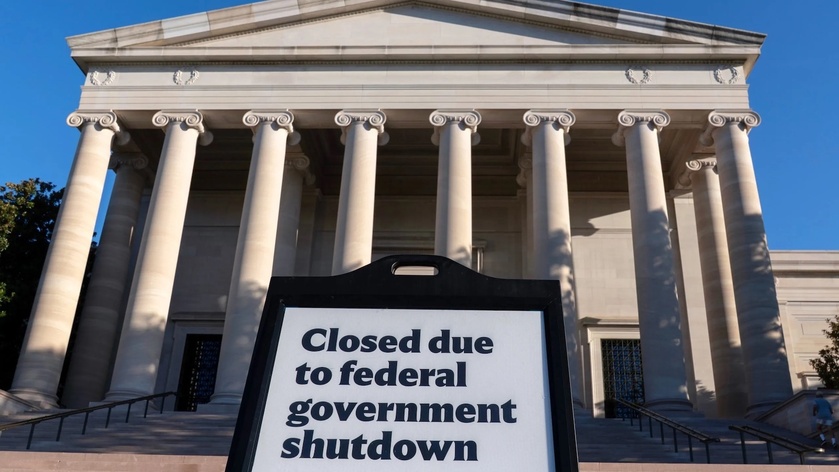By Robert E. Wright
As the municipal court judge rambled on, I briefly envisioned my demise: being “Andy Dufresned” to death in the local jail because my wife finally cleaned out the garage. While many Americans focus on abuses of federal power, state and local governments also pose grave threats to liberty.
My wife put the unwanted items at the curb so that trash pickers could help themselves before the garbage men hauled any leftovers to the local landfill. In my neighborhood, as in many across America, that is The Way.
Sometimes, the stuff is so good that the curb gets picked clean, leaving the garbage guys with nary an item to collect. This time, though, it rained, and rained, and rained. Most pickers stayed home and a lot of previously usable stuff got ruined anyway. So come pickup time, lots of water laden stuff sat at my curb.
A few days later, a summons arrived in the mail. I had broken a local ordinance and faced fines and possibly jail time! I looked up the ordinance and discovered that the township’s bulk trash collection rule bears no resemblance to actual practice or even the brochure that new residents receive. It is also ambiguous as all get out.
I immediately filed a motion to quash the proceedings but instead of sharing it with the judge, some clerk simply rescheduled the virtual hearing. When the judge and prosecutor (!!) finally read my motion at the hearing, and I started asking questions like if I could plead nolo contendre, they got squirrely and suddenly wanted to make a deal. I pleaded guilty and paid $25 in court costs in exchange for no fine or sodomy time.
Bully for me, but I cannot help but wonder how many fellas out there with less legal acumen than myself are right now getting bullied by The Sisters in the jail shower room for heinous crimes like not monitoring how much trash is at their curb.
This episode raises a bigger question: why are municipal governments involved in trash collection at all? I have lived in two places—Sioux Falls, South Dakota and Mount Pleasant, Michigan—with private trash pickup and, predictably, received services superior to, and at lower cost than, those provided in towns that monopolize the function.
Tellingly, the businesses directly adjacent to my current home lawfully contract with private companies to haul away their trash. But somehow households are incapable of contracting likewise? Trust me, it is much easier to hire a trash removal company than to deal with a municipal court!
But municipal government officials, just like state and federal ones, seek money and power. Municipal trash pickup means yet another budget to bilk, more union members to control, and more perks, like unlimited garbage hauling, for municipal officials.
And think of the power trip and money involved for the prosecutor and judge. I can hear them at the tavern in the evening: “We got that sum bich good today, eh! How dare his wife clean out the garage and try to help out others in the community by leaving it at the curb.”
Yes, Americans need to worry about federal government overreach, by both major parties. But they also need to worry about the petty tyrants who gorge themselves on real estate taxes and ignorance about the proper scope of government. If we do not first re-privatize garbage collection across the nation, how will we ever convince enough Americans that we can re-privatize the roads and schools, too?
Free the People publishes opinion-based articles from contributing writers. The opinions and ideas expressed do not always reflect the opinions and ideas that Free the People endorses. We believe in free speech, and in providing a platform for open dialogue. Feel free to leave a comment.
